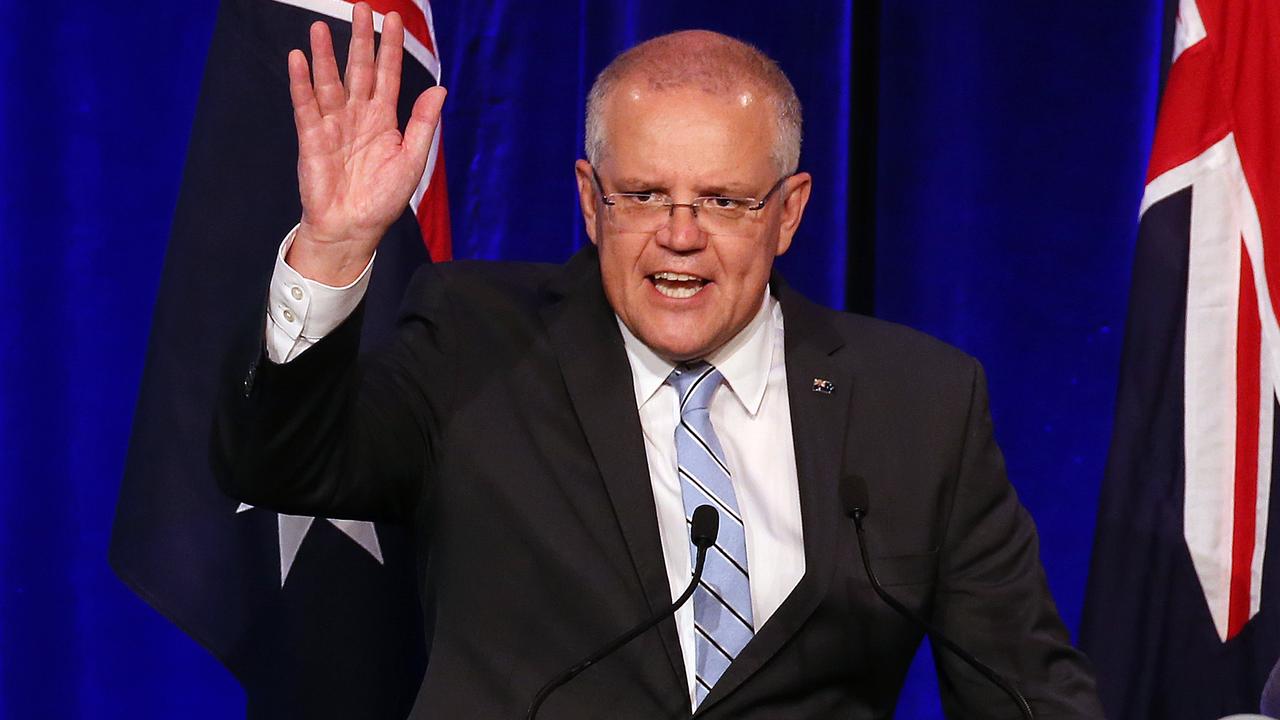We have no say over what political parties can do with information collected about us


News that Liberals and Nationals campaigning for a YES vote in the SSM postal survey sought access to voter information via the party’s software tracking system “Feedback” is concerning. Fortunately it appears to have been the rogue actions of one campaigner, not a deliberate effort by the campaign to access voter details. There are privacy issues at stake, but those concerns still exist when we consider what political parties are allowed to do with information about all of us.
For context, Feedback (Labor’s system is known as Electrac) allows MPs and their staffers to compile information on voters and electronically store it as a campaigning tool. They get your basics from the electoral roll and the white pages: addresses, names, DOB, telephone numbers and so on. That is when the important work starts: building a profile of issues you are interested in, and voting intentions.
This is done when you write to constituent offices or telephone in your concerns (they have caller ID technology, so they can look you up even if you don’t give your name). When MPs go door knocking, what they learn about you informs the database. Diligent offices do “telephone canvassing”, using the numbers in the database to cold call constituents to find out more about them. Most of the time you have no idea that they are building a file on you, which will stick with you in their database for ever and a day.
The information is collected for better campaigning. The more they know about you the more they are able to pinpoint your interests, or indeed if you are a strongly identifying voter they don’t need to waste their time on you. They equally don’t pepper you with what they are doing in policy areas you’re not interested in or even hostile about.
Political parties can do this even though other private organisations cannot do so without your consent, because they have exempted themselves from privacy laws. Talk about the political class looking after themselves.
But here is the rub — because parties are private organisations, voters can’t make a freedom of information application to check out what is stored about them in these databases. Public bodies have similar powers to compile data on us, not that they do so for campaigning purposes, but at least we can access it via FOI to check its accuracy and fairness. Not so with databases owned and operated by political parties.
So yes, when anonymous MPs in the Coalition express concerns about sharing information on voters with Liberals and Nationals campaigning for a SSM YES vote, they are right to do so. But we should all be concerned about what those MPs are already doing. Collecting information on us without consent because they have exempted themselves from privacy laws that would otherwise prevent such actions. And we can’t even check what they have compiled about us because FOI laws don’t apply either.
Peter van Onselen is a professor of politics at the University of Western Australia and a presenter on Sky News. He first wrote about party databases back in 2003.




To join the conversation, please log in. Don't have an account? Register
Join the conversation, you are commenting as Logout